News, Articles, and Announcements

Dr. Jeffrey Holt Elected Member of the National Academy of Sciences
Drs. Kevin Churchwell, President of BCH and Nancy Andrews, Chair of Research Administration, shared the news that IDDRC member Jeffrey Holt was elected last month as a new member of the National Academy of Sciences in “recognition of his distinguished and continuing achievements in original research”.

IDDRC Members Featured in Boston Children’s Magazine Winter 2025
Several IDDRC members’ important work is featured in Boston Children’s Hospital recently released Winter 2025 Magazine including Drs. Jeffrey Holt, Elliot Shearer, Lois EH Smith, Beth Stevens, and Xin Tang.

Nanopore Sequencing Now Available!
Rapid, long-read sequencing for a broad range of ‘omics applications is now available as a full-service option at the Molecular Genetics Core/Gene Analysis and Editing Core.
With the advanced capabilities of Oxford Nanopore Technologies’ PromethION 24, our Barcoding Kits can sequence over 500 plasmid and bacteria genomes with a single flow cell enabling the identification of low-abundance subpopulations.
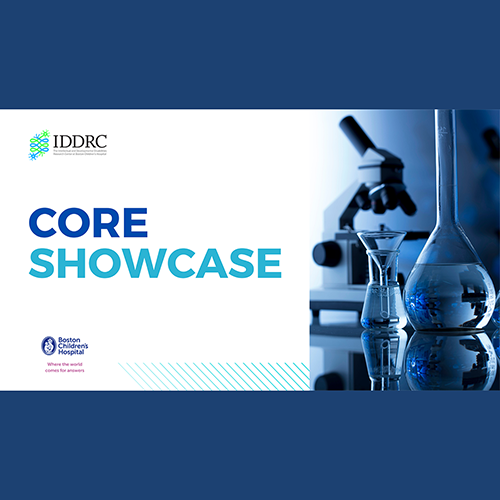
Core Showcase Video
Take a look at our new video montage highlighting our core services. The video was launched during our very successful Core Showcase Webinar that took place on March 7, 2024. The webinar showcased how our cores are integrated to help an investigator’s project move through various stages of their project.

Dr. Mustafa Sahin Inducted into the National Academy of Medicine
Congratulations to Dr. Sahin, recognized by the academy, for his world-leading expertise in the neurobiology of autism and a pioneer in translational studies for neurogenetic disorders. Work in the Sahin lab has identified the mechanisms by which tuberous sclerosis leads to neuronal mis-wiring and led to the identification of potential therapies for this and related disorders.
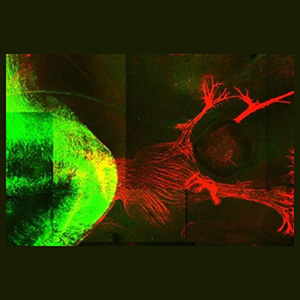
Regenerations of Neurons that Restore Walking in Mice after Paralysis from Spinal Cord Injury
Dr. Zhigang He, along with a research team from UCLA, the Swiss Federal Institute of Technology, and Harvard University have uncovered a crucial component for restoring functional activity after spinal cord injury. The neuroscientists have shown that re-growing specific neurons back to their natural target regions led to recovery, while random regrowth was not effective.

Dr. Elizabeth Engle Inducted into the Academy of Arts and Sciences
Congratulations to Elizabeth Engle, MD, Professor of Ophthalmology and Neurology at Harvard Medical School and Associate Director of the Ocular Genomics Instutute at Harvard Ophthalmology, has been elected as a member of the American Academy of Arts and Sciences.

Large Study Shows Genomic Analysis Leads to Rapid Diagnoses in Infants with Epilepsy
An international study, co-led by Dr. Annapurna Poduri, used rapid genome sequencing on 100 infants to investigate the impact of an expedited genetic diagnosis of infantile epilepsy on medical care.
Learn more about this study published in the Lancet Neurology Journal with lead author Alissa M. D’Gama, PhD, of Boston Children’s Hospital.

MiS-C patients more likely to have neurologic and mental health effects
Children and teenagers who previously had multisystem inflammatory syndrome in children, known as MIS-C, may be more likely to have neurological and mental health issues than those who did not.
Learn more about recent study co-led by Dr. Catilin Rollins, director of the cardiac neurodevelopmental program at Boston Children’s

BabySeq Project unearths actionable genetic variants impacting infants, parents
“The results of this study indicate that conducting thorough genetic sequencing of newborns has the potential to significantly improve health outcomes for infants and their families.” Dr. Allen Beggs quoted in recent GenoWeb article.
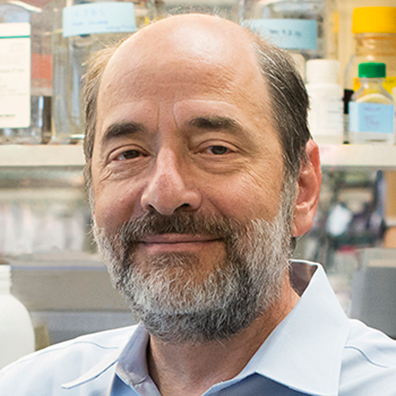
Mike Greenberg Awarded the Brain Prize by Lundbeck Foundation
Congratulations to Dr. Michael E. Greenberg, Nathan Marsh Pusey Professor of Neurobiology at Harvard Medical School and IDDRC Member who, along with two other scientists, was awarded the prestigious Brain Prize by the Lundbeck Foundation for his work on neuronal transcription & translation.
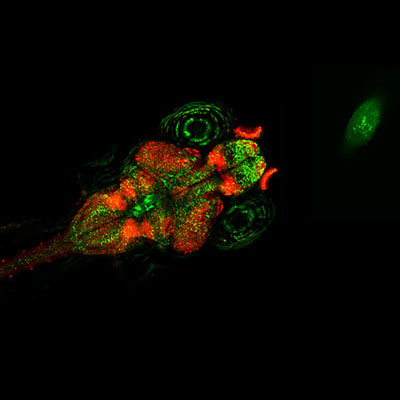
Zebrafish Advance as a Model Organism for Fragile X Syndrome
A new study in the Society for Neuroscience from the Intellectual and Developmental Disabilities Research Center at Washington University in St. Louis—an AUCD IDDRC—finds genetic variants in fmr1 cause changes in fish’s social behavior, preference in visual environment, and neural activity.

Congratulations to Dr. Kellen Winden
Kellen Winden chosen as a William Randolph Hearst Fund Awardee by the Harvard Medical School.

Why Does Calorie Restriction Reduce Seizures In Epilepsy?
Fasting diets have long been used in people with epilepsy and have been associated with a reduction in seizures, however, the molecular mechanism behind this approach has always eluded scientists. Dr. Chris Yuskaitis and team are one step closer to answering these questions.

Researchers Link Psychosis in Children with CNVs, Urge Genetic Testing
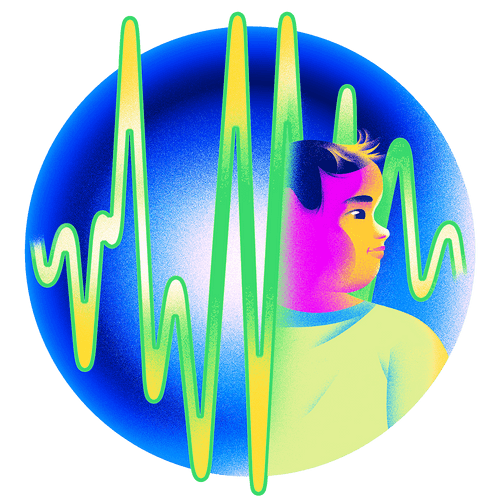
Podcast: The Future of Autism Prediction
IDDRC members Drs. Charles Nelson, April Levin and Carol Wilkinson share some breakthroughs in diagnosing ASD in children as young as three months using EEGs.

Dr. Lauren Orifice receives the 2022 McKnight Scholar Award
Congratulations to Lauren Orifice, PhD for being selected as one of six recipients of the 2022 McKnight Scholar Award. The McKnight Scholar Awards are granted to young scientists who are in the early stages of establishing their own independent laboratories and research careers and who have demonstrated a commitment to neuroscience.

Dr. Christopher Walsh Named Recipient of this Year’s Kavli Prize in Neuroscience
Congratulations to Dr. Christopher Walsh for being named one of the four recipients of this year’s Kavli Prize in Neuroscience, “for pioneering the discovery of genes underlying a range of serious brain disorders.”

A randomized controlled trial of Everolimus for neurocognitive symptoms in PTEN hamartoma tumor syndrome
Everolimus was well tolerated in PHTS patients. The primary efficacy endpoint did not reveal improvement. However, several secondary efficacy endpoints moved in the direction of improvement.
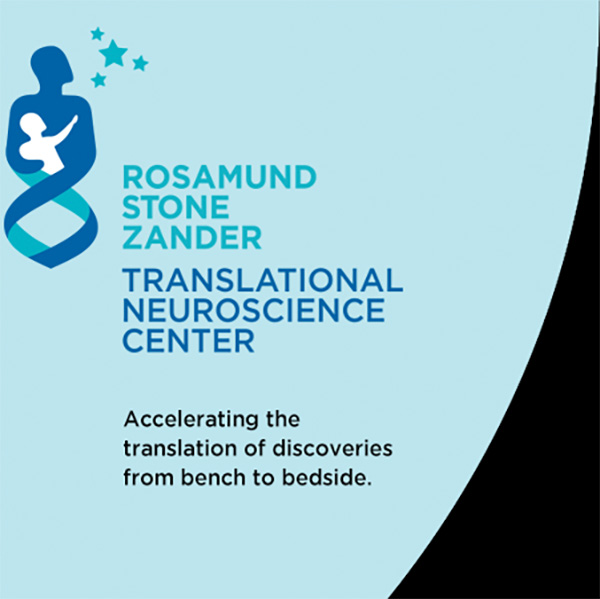
Pilot Research Grant Application LOI Due June 1, 2022
The application cycle for this year’s Rosamund Stone Zander Translational Neuroscience Center (RSZ TNC) Pilot Project grants is open! Please visit the RSZ TNC website for brief details on how to apply.

Young brain fluid improves memory in old mice
Scientists have been trying to unravel the mysteries of why memory diminishes with age for decades. Now they have discovered a possible remedy — cerebrospinal fluid from younger brains.
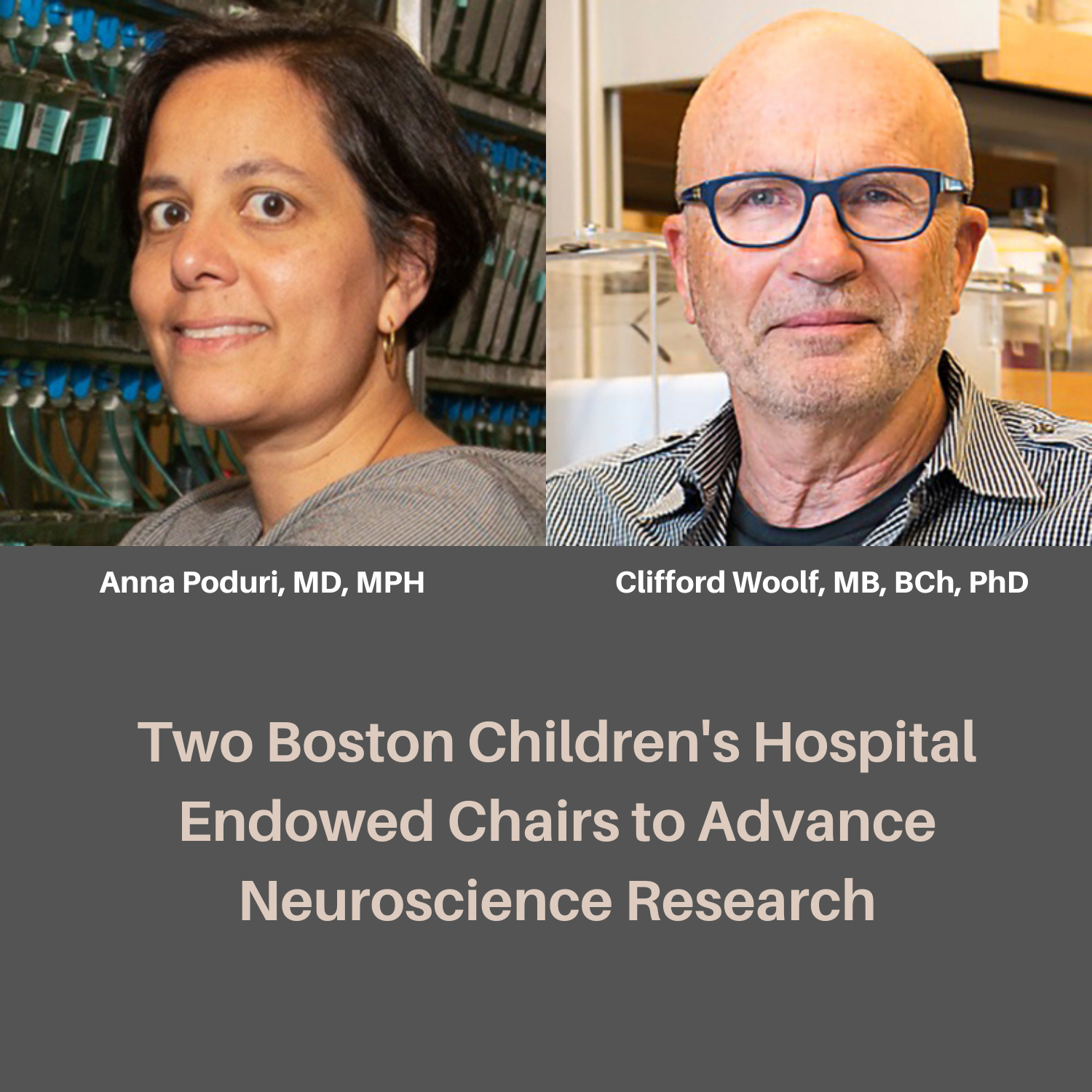
Establishment of two Boston Children’s Hospital Chairs
Dr. Scott Pomeroy, Chair, Department of Neurology and Bronson Crothers Professor of Neurology, is pleased to announce the establishment of two Boston Children’s Hospital chairs through a generous donation from the John Gamble Trust.
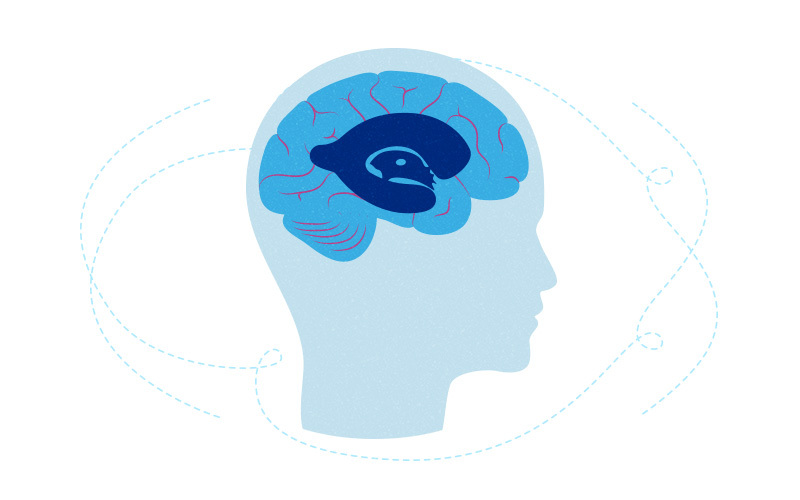
Beyond fluid buildup: Rethinking congenital hydrocephalus
The classical view of #hydrocephalus is that it is caused by a buildup of fluid in the brain. This fascinating turns that view on its head, at least for some children. It finds that ~1 in 4 children with congenital hydrocephalus have mutations that interfere with brain development. #neuroscience #genetics https://answers.childrenshospital.org/congenital-hydrocephalus/
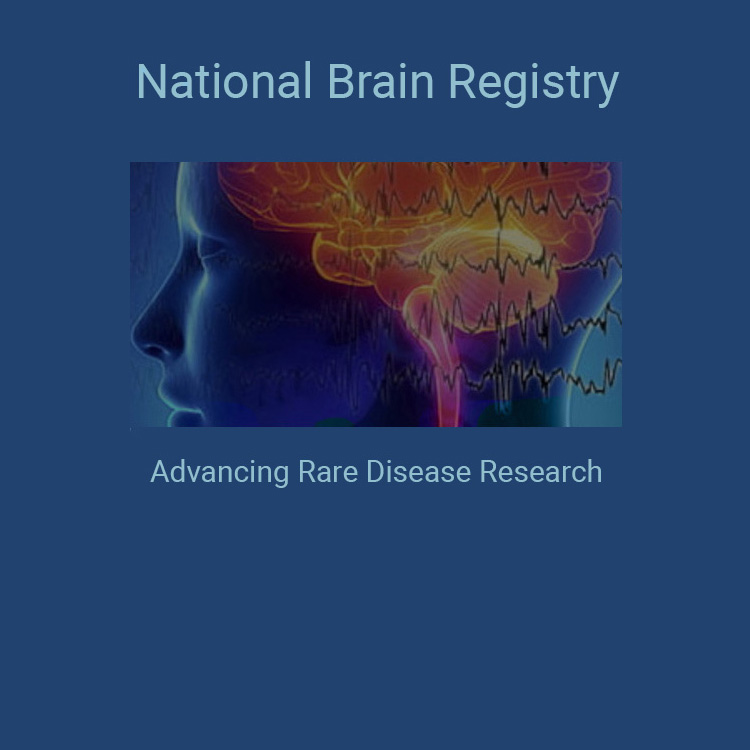
National Brain Registry is Now Live
The National Brain Gene Registry aims to better understand the impact of rare gene variants in intellectual and developmental disabilities.
This program aims to establish a comprehensive national repository of detailed information — on individuals with variants in genes thought to be involved in intellectual and developmental disabilities — to help advance IDD research.

New Director of our Cellular Imaging Core
We are delighted to welcome Hisashi Umemori, MD, PhD, as the new Director of our Cellular Imaging Core.


